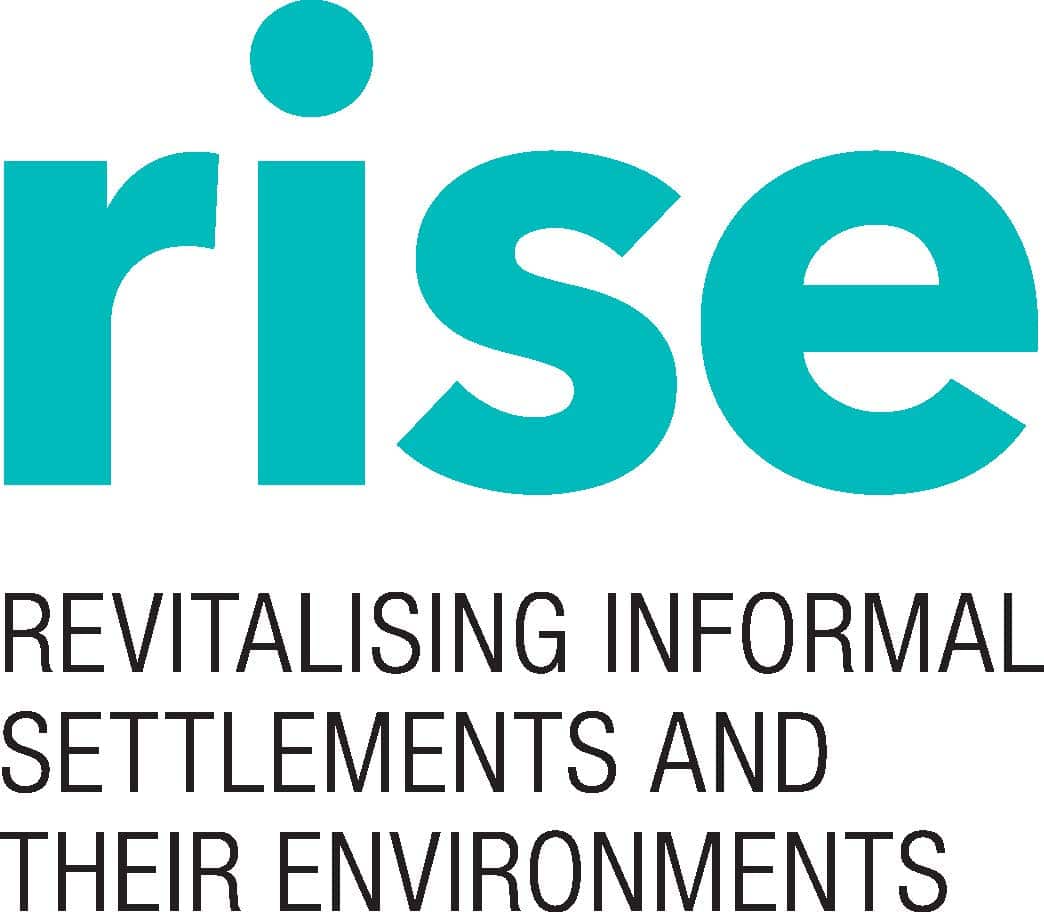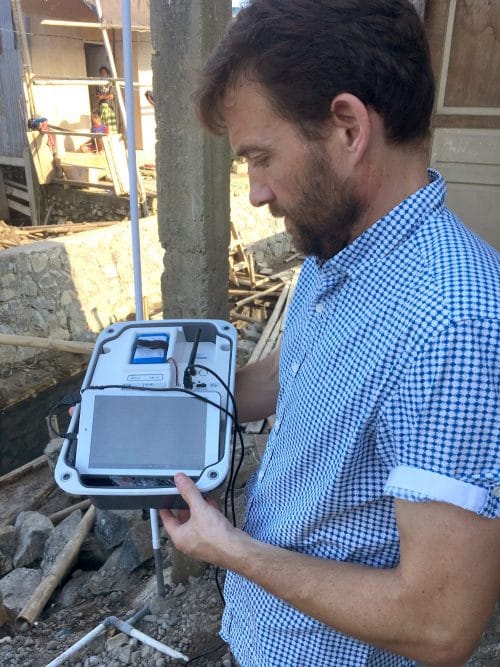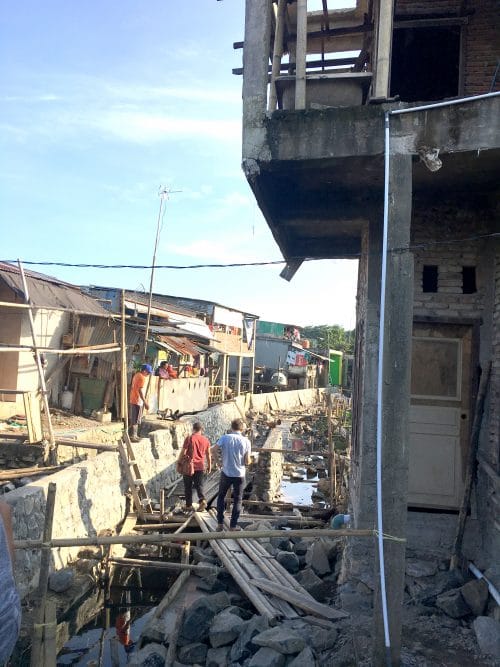It’s hard to believe that two billion people around the world live without basic sanitation. On top of that, 80% of the world’s wastewater generated by communities flows back into the ecosystem without being treated, which has a huge impact on public health and the environment around these communities.
These issues, combined with climate change and population growth, are particularly challenging for informal settlements around the world.
The Monash University-led Revitalising Informal Settlements and their Environments (RISE) program is looking to understand and help tackle some of these challenges. The program is taking a water-sensitive approach to water and sanitation management in 24 informal settlements in Fiji and Indonesia.
The water-sensitive approach integrates infrastructure like constructed wetlands, biofiltration gardens, stormwater harvesting, and local sanitation systems based on ‘smart’ new septic tanks, into buildings and landscapes. Also known as ‘nature-based solutions’, these systems are more ecologically sustainable because they mimic the earth’s natural systems, while also being more economically sustainable because they require less maintenance and are not connected to a central ‘big pipes’ system. The pressure sewer and OneBox® technology are important parts of the infrastructure, and work together with the nature-based solutions.
Providing toilets to some households as well, RISE seeks to diversify water supply sources, and improve drainage and flood management, with the aim of improving the health and wellbeing of the communities, with a focus on children under five.
Currently in informal settlements, children suffer from high mortality rates linked to preventable diseases, which can often be linked to a lack of sanitation. Monash University and 25 global partners will monitor the health of the environment of the 24 RISE communities, and assess the health benefits that come out of this new water and sanitation infrastructure.
“Bringing modern but sustainable sanitation will make a huge difference to the quality of life for the people in these communities.” Said Iota’s General Manager Daniel Sullivan.
“If successful, the technical solution we’ve deployed has potential to be used for off-grid and informal settlements around the world.” Mr Sullivan continued.


Bringing modern but sustainable sanitation will make a huge difference to the quality of life for the people in these communities. If successful, the technical solution we’ve deployed has potential to be used for off-grid and informal settlements around the world.
DANIEL SULLIVAN
IOTA GENERAL MANAGER
Iota is playing a role in RISE by donating equipment, including our OneBox® technology. We’re also providing advisory services to the RISE team, and local operators to ensure the impact is sustainable in the local context.
Our Technical Director Eamon Casey has spent time at the project sites in Makassar, Indonesia and Suva, Fiji to train members of the local community, including the local utilities, in the
installation and maintenance of the pressure sewer and OneBox® technology.


The RISE project gives us the opportunity to apply our OneBox® solution in a different way. This includes connecting six or seven houses to one pressure sewer system. From the pressure sewer pods, toilet waste will move to a large, raised community septic tank, which will replace existing cesspits. The effluent from the community septic tank will then be treated using nature-based reedbed technology before being safely released to the environment.
We’re thrilled to be a part of such an important project, and look forward to seeing the impact this project will have on these communities and the environment moving forward.
Learn more about the RISE program by visiting https://www.rise-program.org/



